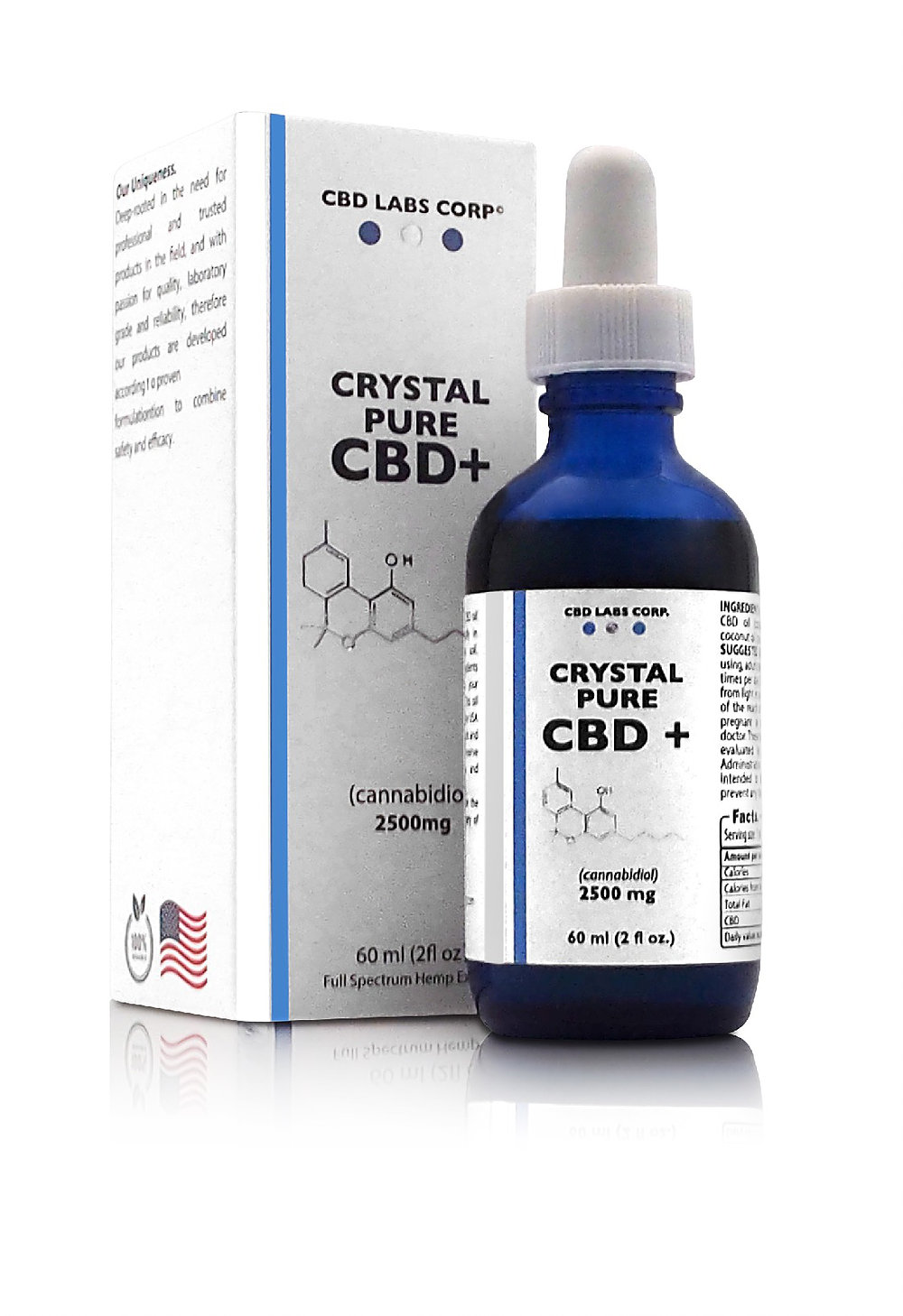We hear about the positive results of cannabidiol on TV, radio and internet, but very few people actually realize the complex and interesting process needed to create the unique effects.
The CBD molecule doesn’t produce the psychoactive reactions associated with THC (tetrahydrocannabinol), another of the molecules that can be found in cannabis responsible for the “high” effect.
CBD is obtained from the hemp plant, one of the cannabis varieties, rich in cannabidiol and with a small content of THC, our product is rich in terpenes and flavonoids, making it a full spectrum hemp extract.
The mechanisms of action associated with CBD are still being studied and do date multiple molecular pathways have been discovered. Bellow are some of those:
Serotonin is a hormone and neurotransmitter usually associated with happiness, even though it’s biological function is more complex and participates in tasks like cognition, learning, memory, etc. One of the serotonin receptors scientifically known as 5-HT1A (hydroxytryptamine) is activated directly by CBD at high concentrations, can be found in the central and peripheral nervous systems, 5-HT receptors prompt various cascades of chemical messages inside the cell to produce either an excitatory or inhibitory response, depending on the chemical context of the message, contributing in this way to a broad spectrum of biological and neurological benign effects.


Ion channels are found throughout the body, this form of membrane proteins allow ions to cross trough the channel pore into the cell. CBD interacts with different Ion channels, a clear example is TRPV1 (transient receptor potential cation channel subfamily V) associated with body functions as pain perception, inflammation and body temperature.
Cannabidiol may participate as an agonist in te previous examples but its effect can be of antagonism as in te orphan receptor GPR55, it can be found in different parts of the encephalon specially in the cerebellum where it participates in blood pressure, bone density, etc. scientist have also discover that when activated, this receptor can promote cancer cell proliferation. Other receptors associated with cancer are PPARs (peroxisome proliferator activated receptors) that when activated have shown anti-proliferative effect, other benign effects of this receptors are found in alzheimer’s disease. CBD has an agonist effect on PPARS.
CBD also functions as an allosteric receptor modulator, it can enhance or restrain the way a receptor transmits a signal by changing its shape, as an example the interaction of CBD with the GABA-A receptor; it intensifies the receptor’s biding affinity for gamma-Aminobutyric acid (GABA), an inhibitory neurotransmitter in te central nervous system, this is how CBD reduces anxiety by enhancing the natural calming effect of GABA.
